-
What We Do
- WHERE WE WORK
-
About Us
 Welcome Message from Carol Jenkins
Welcome Message from Carol JenkinsFor more than 90 years, World Learning has equipped individuals and institutions to address the world’s most pressing problems. We believe that, working together with our partners, we can change this world for the better.
On my travels, I’ve had the opportunity to meet with many of those who have joined us in this mission. In Baghdad, we’ve trained more than 2,300 Iraqi youth who are already giving back at home. In London, our partners in the TAAP Initiative strongly believe that we are all responsible to practice inclusion. And in Vermont, our Experiment in International Living and School for International Training participants prove every day that they have the tools and the determination to change the world.
Please join us in our pursuit of a more peaceful and just world.
- Get Involved
Media Center > Story
Alumni TIES small grant recipients empower communities to foster meaningful change
February 27, 2024
Three recent Alumni Thematic Exchange Seminar (Alumni TIES) participants are making a difference in the world by tackling climate change, promoting Indigenous representation, and empowering youth in democratic processes.
Bunthicha Larlarb, Richard Sapon-White, and Frederick Fussi all participated in Alumni TIES in 2022, where they received professional training and the opportunity to network and collaborate with fellow alumni to implement projects in their own communities.
Following their programs, they applied for and received funding that allowed them to launch their projects. Through the Alumni TIES small grants initiative, they have been able to directly address critical issues in their communities around the environment, inclusion, and youth empowerment.
Bunthicha Larlarb: Empowering youth to save the environment
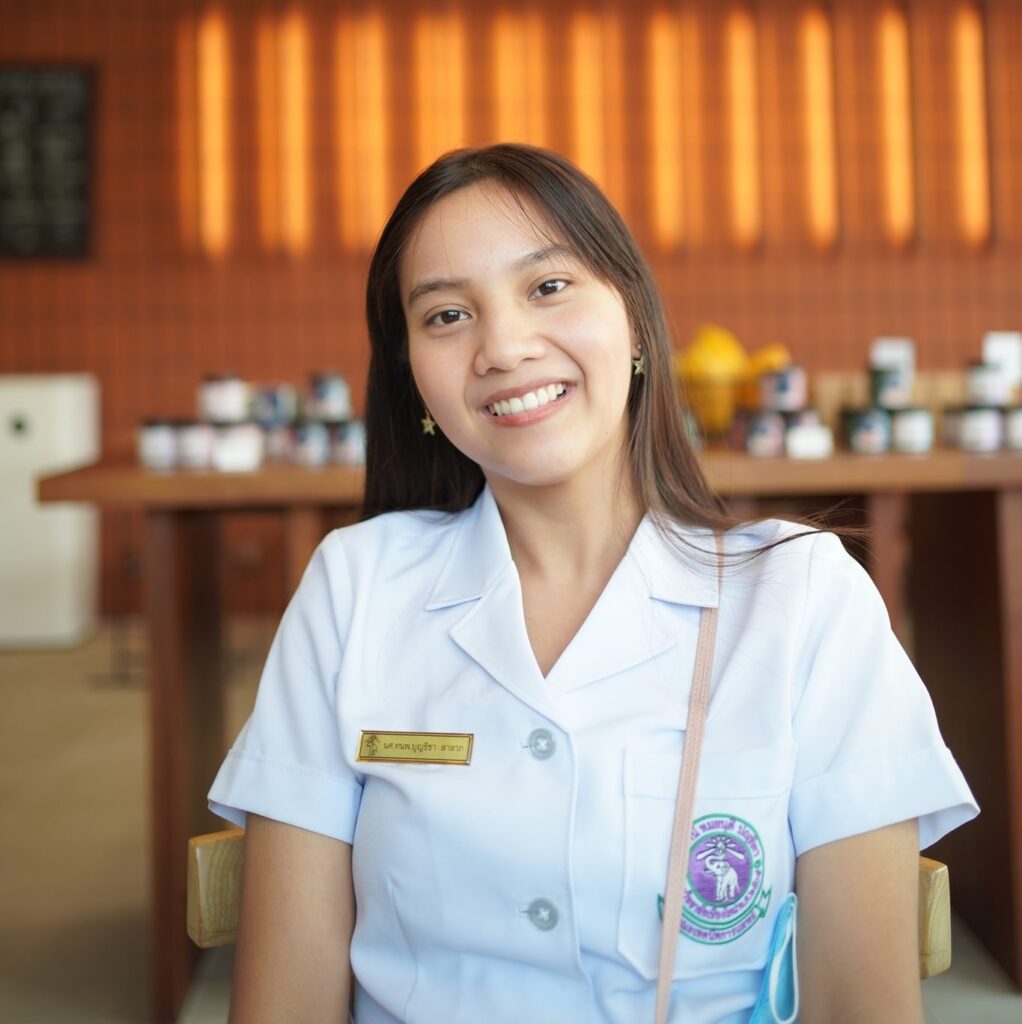
In May 2022, Bunthicha Larlarb participated in the Indo-Pacific Alumni TIES seminar in Bangkok, Thailand on the topic of “Public Health and Climate Crisis in the Indo-Pacific” where she was inspired by a session on engaging youth to solve global issues. This became a focus of her small grant project.
LarLarb, a medical technologist from Chiang Rai, Thailand, began educating youth about plastic pollution in Chiang Mai by creating an environmentally-themed board game called Hugsa.
From July 2022 to July 2023, Larlarb trained Chiang Mai University students how to use the board game, who then brought the game to local children and youth. The project raised their awareness of the importance of recycling and waste management and encouraged them to take action toward environmental conservation. Through the project, an equivalent of 6,885 bottle caps were recycled.
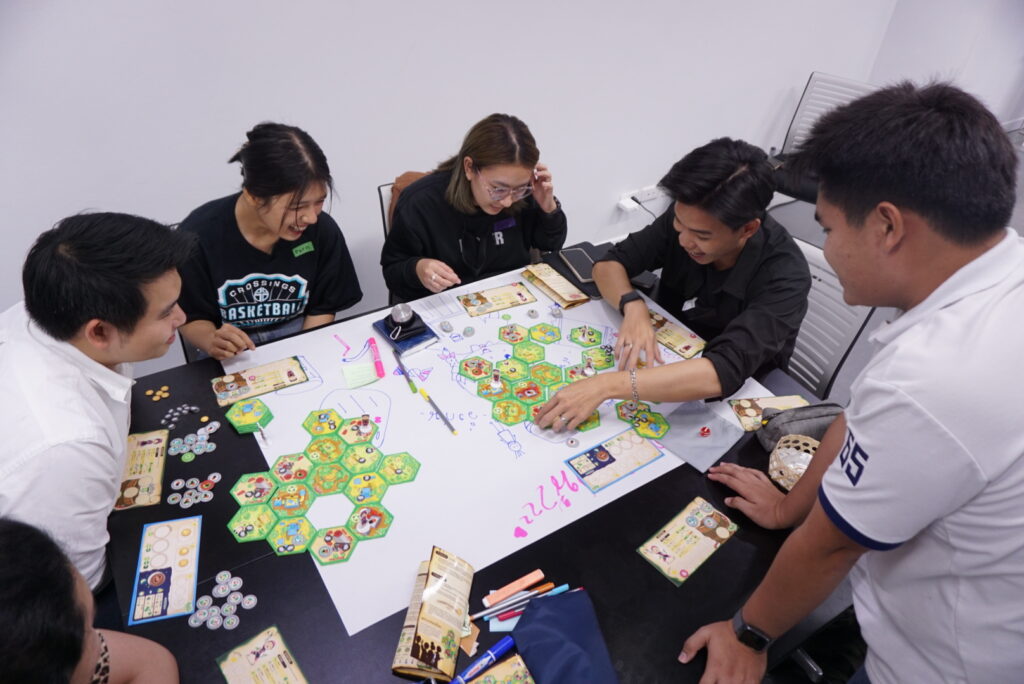
Larlarb says the small grant was transformative for her.
“The project enabled me to establish connections with stakeholders at various levels, ranging from local entities to the national level, including engagement with Indigenous children and the U.S. Embassy,” she said.
“A particularly touching moment for me was receiving feedback from participants, acknowledging my role as an idol who empowered and inspired them as a young woman leader, encouraging them to take impactful actions in their own communities.”
Richard Sapon-White: Training librarians to better represent Indigenous communities
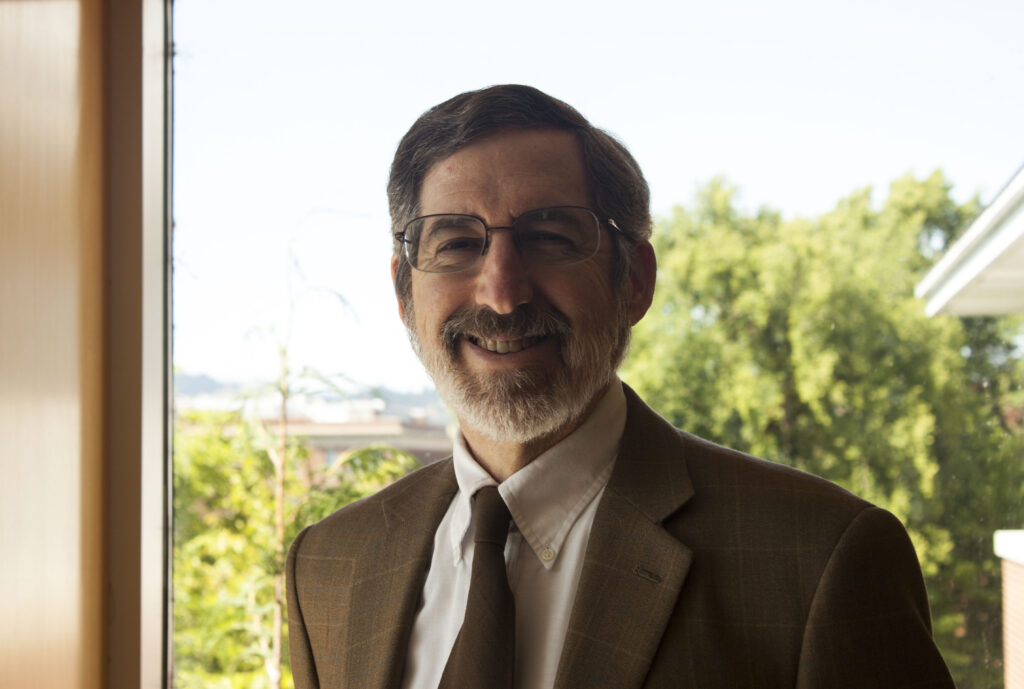
Richard Sapon-White participated in the Alumni TIES seminar “American Identity: Exploring Our Collective Memory, Heritages, and Histories” in Minneapolis, Minnesota, in March 2022. The program brought alumni from across disciplines to share stories about their work to bring hidden American identities into the light of day.
For his small grant project, Sapon-White drew upon his experience as an academic librarian to create authorized subject headings for Indigenous peoples of Oregon. Subject headings allow library users to find the resources that they need by topic. However, there are many Indigenous nations that are not represented in the Library of Congress Subject Headings, the thesaurus that catalogers use to describe what library resources are about.
“I really wanted to get the word out to my colleagues of how to go about creating subject headings for Indigenous peoples in a sensitive and appropriate way,” he said.
From August 2022 to April 2023, he created a workshop for library catalogers and librarians, particularly Indigenous librarians, to demonstrate how to propose subject headings to the Library of Congress on Indigenous topics, including the names of individual nations.
Sapon-White and his colleagues then adapted the workshop presentations with feedback from participants to create a “how-to” manual for publication. That publication was printed and distributed to approximately 500 libraries across the United States and around the world.
The feedback was overwhelmingly positive. “Participants in the workshop and post-workshop activities were pumped to do this important work, with many saying they intended to continue working on subject headings for Indigenous topics after the project was over,” he said. The Library of Congress also showed interest in the project.
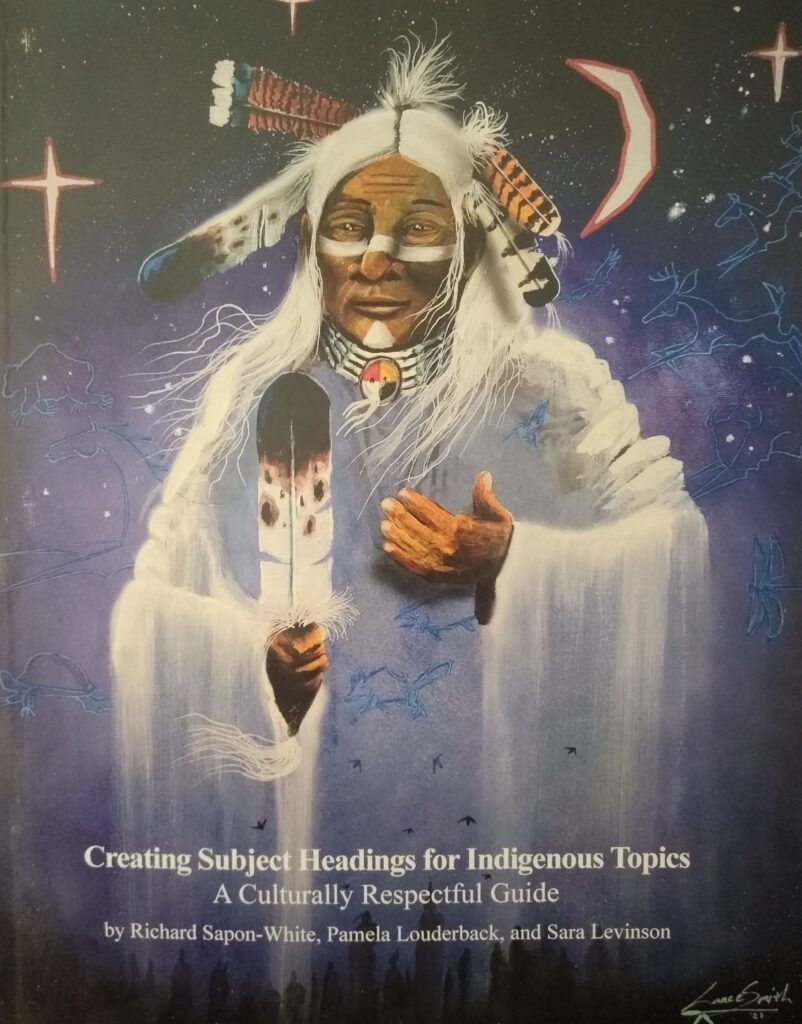
For Sapon-White, who was awarded the grant a week before his retirement, the experience provided a welcome respite from thinking about his next steps.
“The project served as a kind of transition period, enabling me to delve deeply into professional work I felt passionate about at a time when I didn’t have to figure out how to integrate it into other work demands,” he said.
And though he’s retired, he found that his work isn’t yet finished. “Since the end of the project, I presented about it at an international conference,” he said. “I intend to continue my involvement with promoting training on subject heading proposals for Indigenous topics.”
Frederick Fussi: Amplifying youth participation in democracy
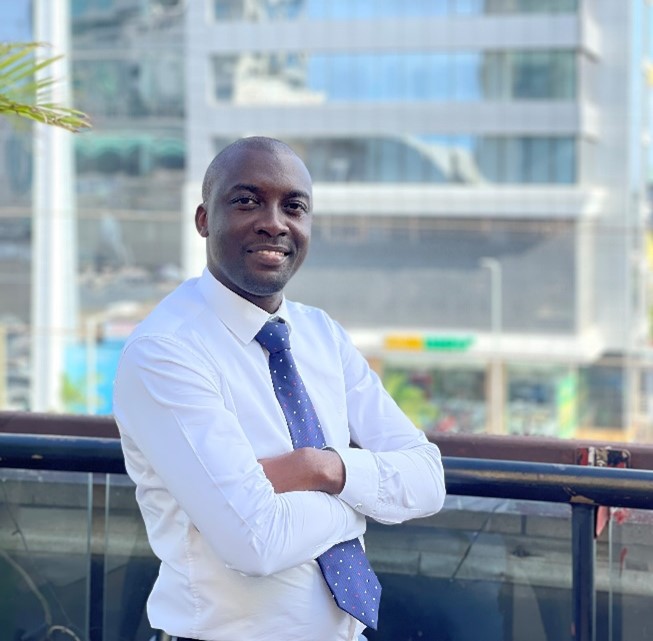
Frederick Fussi participated in the Alumni TIES “Youth and Opportunity: Defending Democracy and Advancing Human Rights” seminar in Philadelphia, Pennsylvania, in November 2022. Residing in Tanzania, he works as the senior program officer in the Africa Division of the International Republican Institute and has 10 years of experience in youth programming in democracy and governance reforms in Africa.
Tanzania has a population of 61 million. While youth make up 35% of this share, they are underrepresented in the political process and often face barriers and challenges to participating in democratic processes. Fussi’s small grant project, titled “#AmplifyTanzanina,” worked to address this lack of youth participation in governance, democracy, leadership, and reforms of multiparty democracy in Tanzania.
Through this project, participants identified issues deterring youth from participating in democratic processes as well as developed and implemented advocacy action plans.
“The mobile app has been a great tool to engage, collect, and provide information relevant to youth-related opinions on political and electoral reforms,” Fussi said.
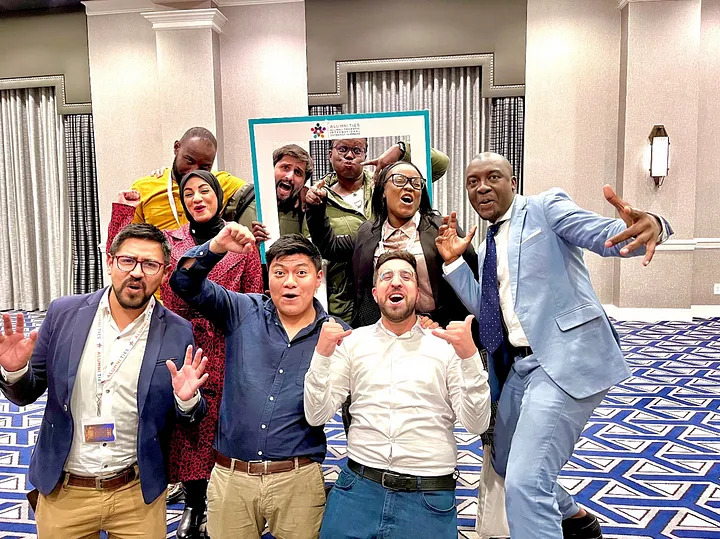
Fussi recently submitted 13 youth-specific recommendations to government ministries, which include setting aside campaign funds for youth candidates in parliamentary and councillorship elections, reducing the age required to run for office, and putting term limits in place to further encourage youth participation in the electoral process. Fussi is confident that they will be adopted into upcoming legislation, further empowering youth in Tanzania.
“On a professional level, the grant has increased my youth networks in higher learning institutes, political parties, the private sector, and civil society organizations,” Fussi said. “On a personal level, the grant has increased my confidence in engaging youth via mobile application technology.”
Alumni TIES is sponsored by the U.S. Department of State with funding provided by the U.S. Government and supported in its implementation by World Learning, in partnership with the Office of Alumni Affairs of the Bureau of Educational and Cultural Affairs (ECA). To learn more about the Alumni TIES program, please visit the website: https://www.alumnities.org/.





